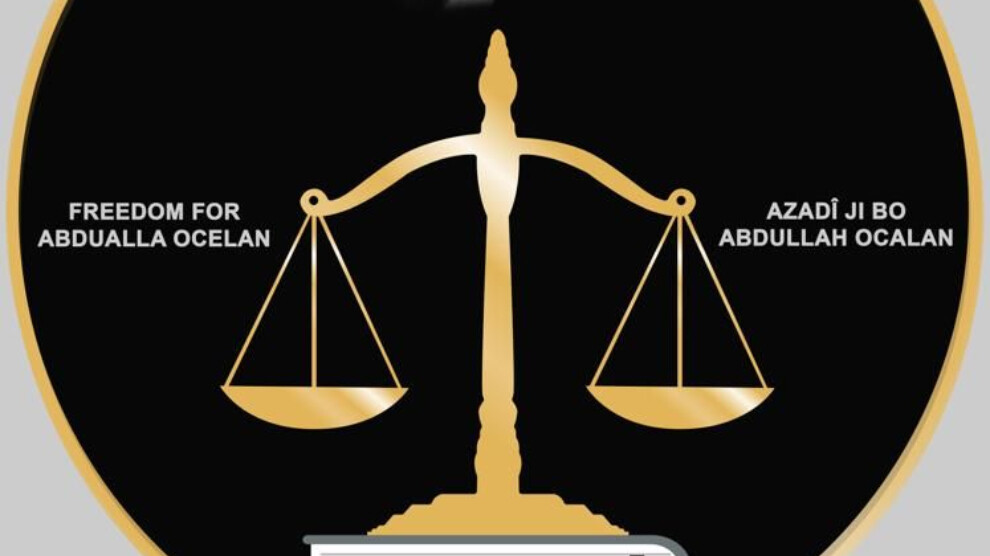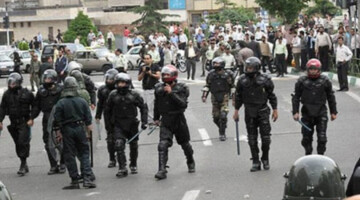The Committee for Defending the Freedom of leader Abdullah Öcalan in North and East Syria issued a statement to condemn the isolation imposed on the Kurdish people's leader as well as the ban on visits by lawyers.
The statement said: "Considering the continued isolation of leader Öcalan in Imrali, far from the standards recognized by the United Nations, in terms of its good standing and what is happening there. The approach is still focused on the right of leader Öcalan to meet his lawyers and his family.
Here is the Turkish state, with its utmost fascist methods, rejecting, by a decision of its Public Prosecution in the city of Bursa, the request of his lawyers to visit him, which concerned the European Association of Lawyers for Democracy and World Human Rights and prompted it to request the European Committee against Torture in Detention Centers to visit Imrali Prison."
The statement continued: "Apart from kidnapping and trial as two independent international crimes against the leader Öcalan and the Kurdish nation, the defense team for the freedom of leader Öcalan in northern and eastern Syria, reminds the world of its responsibilities regarding what is happening in Imrali prison. The physical and mental torture put against the leader Ocalan as a result of isolation and dispossession is enormous. Therefore, we urge the community of international institutions and freedom-loving entities, which maybe still silent or not sufficiently vocal, to examine all international crimes committed by the Turkish state against peoples, and the extent of their danger to freedom, democracy, peace and security in the world."
The Committee for Defending the Freedom of the leader Öcalan in North and East Syria, which includes in its membership all lawyers in North and East Syria as well as many political and human rights activists, as such, took the initiative to issue this "statement due to the ongoing danger it senses on the leader Öcalan. This Committee, respectfully urges and calls upon the United Nations General Assembly, to review and apply its resolution 43/173 principles issued on 09/12/1988 - containing set of principles relating to the protection of all persons subjected to any form of detention or prison, and its other resolution issued on 04/12/1990 - containing the basic principles for the treatment of prisoners, and the convention 39/46 issued on 10/12/1984 - against torture and other forms of cruel, inhuman and intimidating treatment, or punishment."
The statement continued: "Our Committee believes that; the true strength of values and principles of these great resolutions has been violated by the Turkish state in regard to the leader Öcalan. This chain of international silence that is elevating the level of violations committed by the Turkish state, needs to end. Therefore, our Committee respectfully urge you to send all the needed committees, especially the European Committee against Torture in Detention, to Imrali prison, especially since the Turkish state has recently issued a package of penalties against leader Öcalan in his terrible cell in which there is no space for life and rights.The level of exaggeration is chauvinistic and violating of basic rights, under the pretext of a six months temporary order. This technique has been created to cause illusion in regard to reason and time.. to deceive and dodge the world about the real dispossession and Isolation time of the leader Ocalan in Imrali prison since 08/15/1990.
The Turkish state is still defying the international community with its daily violations of general and international laws. The violation of the essential rights of the leader Ocalan to life, freedom and thought, by the Turkish state; is the gate for all its violations of protected rights by public, international and humanitarian laws."














